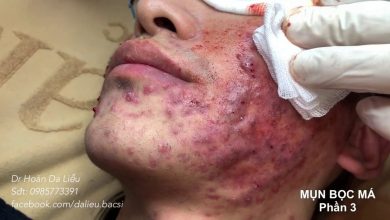Rest to Rise: How Quality Sleep Boosts Student Success”
Rest to Rise: How Quality Sleep Boosts Student Success”
Sleep is often overlooked in the academic equation, but it’s one of the most powerful tools students have for achieving success. Research consistently shows a strong link between quality sleep and student performance, both in and out of the classroom.
When students get enough rest—typically 8 to 10 hours per night for teenagers—their brains function at a higher level. Sleep supports memory retention, concentration, problem-solving, and emotional regulation. During deep sleep, the brain processes and stores new information, making it easier for students to recall what they’ve learned. Inadequate sleep, on the other hand, impairs these cognitive functions, leading to lower test scores, poor focus, and increased anxiety.
Lack of sleep doesn’t just affect academic performance—it can also harm physical and mental health. Students who are chronically sleep-deprived are more likely to experience mood swings, depression, weakened immune systems, and even weight gain. This creates a cycle where poor health further reduces academic motivation and ability.
A healthy sleep routine can make a noticeable difference. Students should aim for a consistent bedtime, limit screen time before bed, and create a calm sleeping environment. Avoiding caffeine and heavy meals late in the evening can also promote better rest.
Schools and parents can play a key role by encouraging sleep-friendly habits and even considering later start times for older students.

In short, sleep isn’t just a luxury—it’s a foundation for learning. By prioritizing rest, students equip themselves with the energy, focus, and mental clarity needed to succeed academically and stay well-balanced overall.





